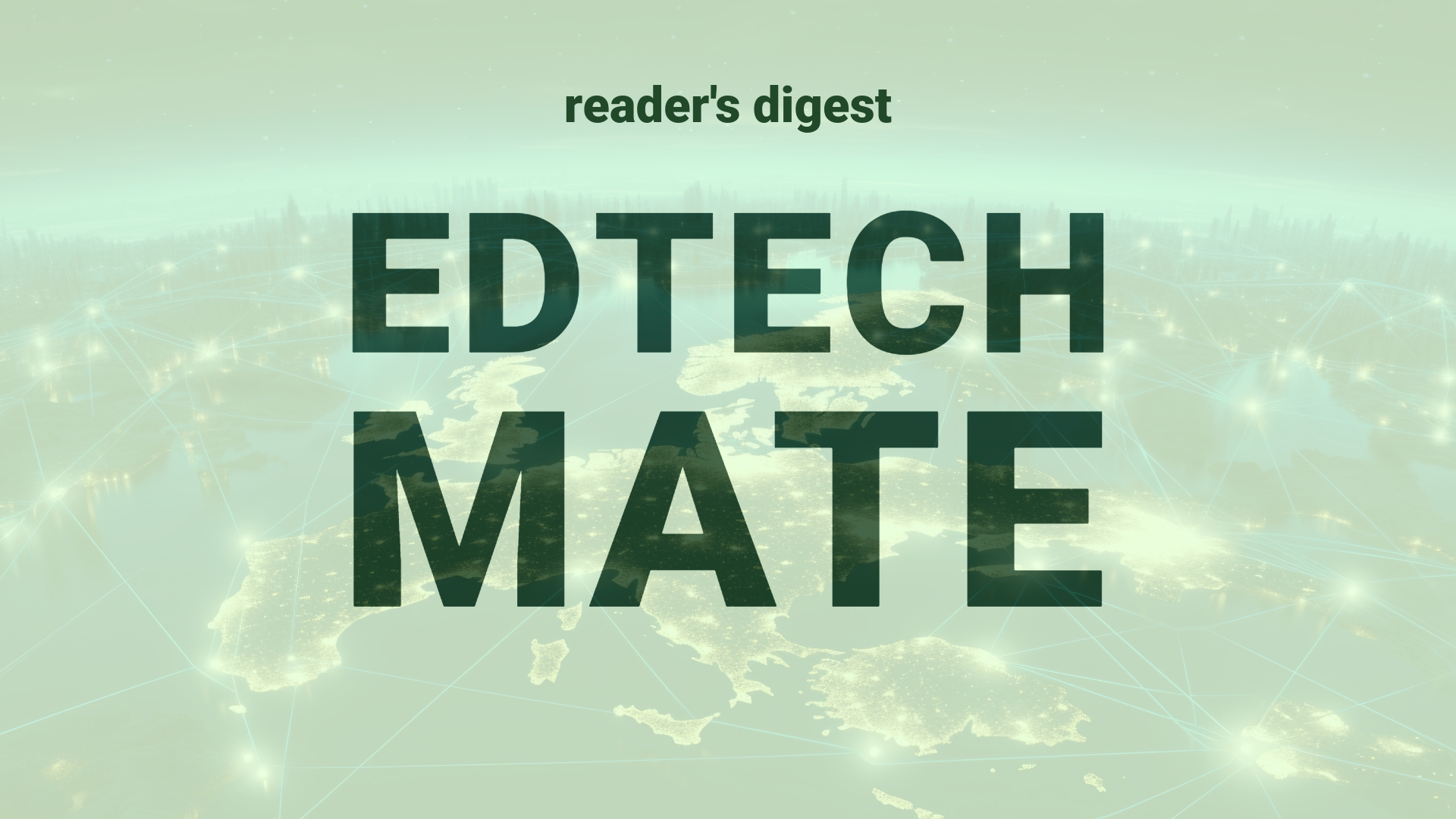Executive Summary and Main Points
The discussed content reflects on personal experiences and professional insights from Isaac Sacolick, author and a prominent figure in data governance, who seeks effective strategies in data management, particularly emphasizing the significance of data governance leaders in orchestrating data policies and ensuring data health in organizations. Notable points include the importance of aligning data governance with business processes using agile methods, the role of data governance in enhancing customer experiences, and the potential strategic advantages of data governance, such as supporting the growth of data-driven organizations and driving scalability through AIOps and MLOps.
Potential Impact in the Education Sector
Developments in data governance can substantially benefit the Further Education and Higher Education sectors by facilitating the integration of advanced analytics, dashboard creation, and ML model development, which can enhance teaching methodologies and learning outcomes. As institutions expand their offerings through Micro-credentials, strong data governance can ensure data quality and trustworthiness, which are paramount for personalized education experiences and strategic partnerships. The strategic use of data can also empower institutions to make informed decisions and improve operational efficiencies.
Potential Applicability in the Education Sector
Innovative applications of robust data governance within the global education systems could encompass the integration of AI tools for adaptive learning platforms, implementation of transparent data policies conforming to ethical standards, employing digital tools for efficient resource management, and using agile practices to align governance with the dynamic educational landscape. The cross-pollination of data governance and digital tools can also foster the development of collaborative platforms for international research and academic networking.
Criticism and Potential Shortfalls
Critical analysis of the adoption of data governance in the education sector could pinpoint issues such as potential data privacy concerns, the need for the equitable use of technology and data across diverse learning settings, and the risk of data overload without meaningful insights. Comparative international case studies indicate that the contextual nuances of educational systems necessitate tailored governance frameworks. The ethical and cultural implications must also be considered to prevent biases and ensure data use respects all stakeholders.
Actionable Recommendations
For education leaders aiming to leverage these technologies, recommendations include instituting a clear, transparent data governance framework and fostering a culture of continuous data literacy improvement among faculty and students. Further, integrating data governance tools with existing educational technologies can help improve the student experience. Developing partnerships with technologically advanced institutions can aid in sharing best practices. Lastly, it’s crucial to invest in continuous professional development focused on data governance and digital competencies to equip educators and staff with the necessary knowledge to handle emerging data-centric approaches in global higher education.
Source article: https://blogs.starcio.com/2023/08/data-governance-leaders-wins.html

